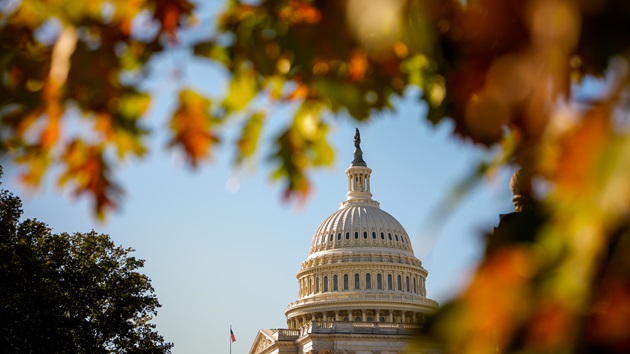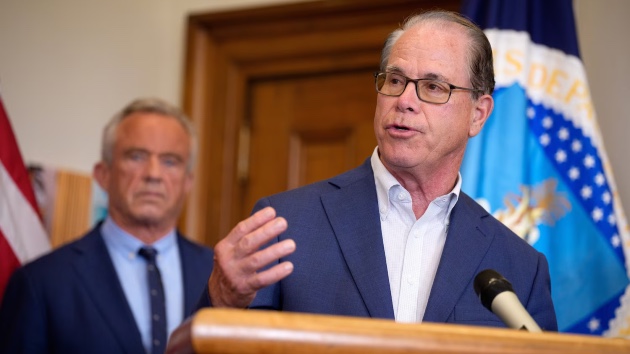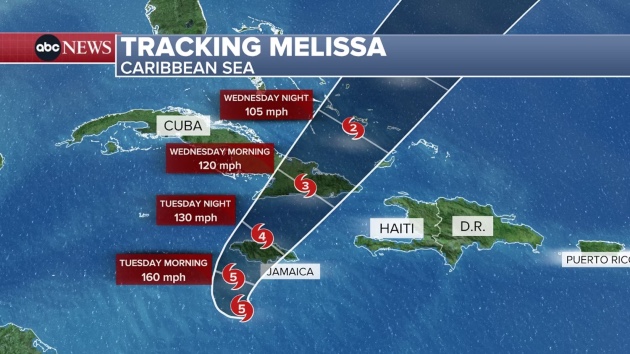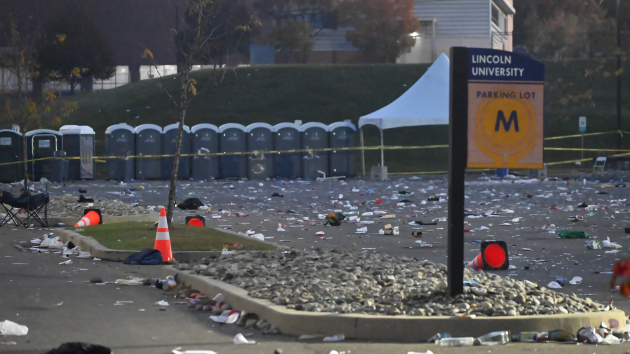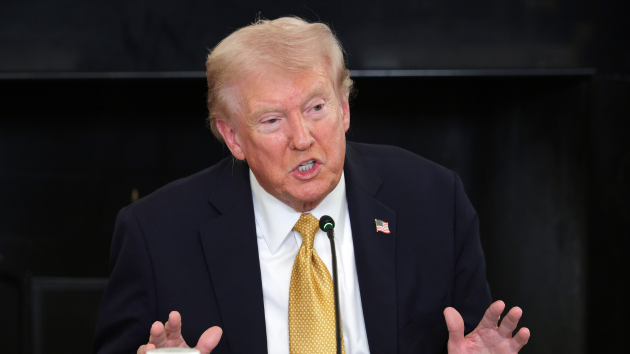
(NEW YORK) — Over 20 “ill-prepared” hikers were rescued from New Hampshire’s Mount Washington after they were trapped in “full winter conditions” without the proper gear, with some developing hypothermia, according to the Mount Washington Cog Railway.
The hikers, who were rescued on Saturday by railway officials, had reached the mountain’s 6,288-foot summit, but “most had no idea that summit services would be unavailable and that the state park was closed for the season,” Andy Vilaine, the assistant general manager for the Mount Washington Cog Railway, said in a statement on Saturday.
The train was heading to the summit as normal when crew members discovered “several distressed hikers,” Vilaine said in a statement to ABC News.
The hikers told the train officials they “didn’t think they would be able to hike back down,” with Vilaine agreeing after “assessing some of their conditions and outward appearance,” he said.
Many of the hikers were showing the “beginning signs of hypothermia” due to their “poor choice of clothing, including non-waterproof layers and sneakers,” Vilaine told ABC News.
Some of the hikers even admitted it was “their first hike ever,” Vilaine said.
Near the summit, temperatures on Saturday reached roughly between 15 to 18 degrees, with a wind chill anywhere between minus 5 and zero degrees, Vilaine said.
Train crew members created space “anywhere we could” for the hikers, with some even placed in locomotive cabs “with the heat on full-blast so they could start to reverse the effects of hypothermia,” Vilaine said.
“Had we not been able to assist the hikers with the one-way ride, there is little doubt in my mind that several more complex rescue efforts may have needed to be undertaken,” Vilaine told ABC News.
After the hikers were rescued, New Hampshire State Parks released a statement on Sunday urging those hiking in the winter conditions to be responsible as “multiple people have arrived at the summit the last few days very unprepared for winter and required assistance.”
Another hiker was rescued from Mount Washington on Sunday after he was “caught in a windblown snow with a dying light and cellphone near the summit,” according to the New Hampshire Fish and Game Department.
The 20-year-old hiker from Rhode Island was “on the upper reaches of the Tuckerman Ravine Trail,” which is approximately 0.3 miles below the mountain’s summit, when he alerted rescuers that his headlamp and cellphone were “rapidly dying,” the fish and game department said in a press release on Monday.
The hiker was “found to have done some research on his hike, but was absolutely unprepared for the conditions that he encountered,” the department said. The 20-year-old was found uninjured and “thanked the rescuers multiple times in the aftermath of this event,” the department said.
“This situation could have had a very bad outcome, and everyone involved recognized that fact,” the department said.
Officials emphasized that hikers must bring “everything needed to hike in winter conditions,” or to simply “just hike another day.”
“It’s literally a life or death situation if they go up there unprepared,” Lt. Mark Ober with the New Hampshire Fish and Game Department told Manchester, New Hampshire, ABC affiliate WMUR.
Cris Hazzard, a professional hiking guide and author, known as “The Hiking Guy,” previously told ABC News that several minutes of “homework” before embarking on an outdoor excursion — including checking the website of the trail or park or downloading an app like AllTrails — can help hikers avoid challenging conditions or become aware of specific closures.
Copyright © 2025, ABC Audio. All rights reserved.

